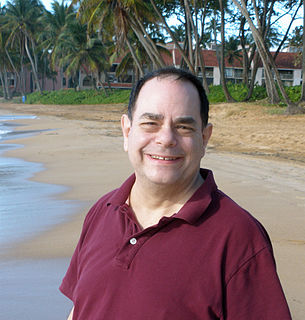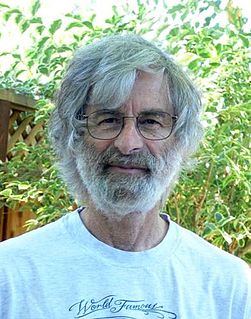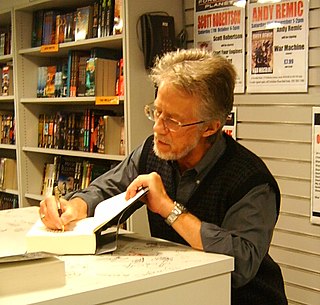A Quote by Noam Chomsky
Our whole educational and cultural system is not designed to provide those intellectual tools, so people are often lost and the internet often becomes kind of a cult generator.
Related Quotes
During my service in the United States Congress, I took the initiative in creating the Internet. I took the initiative in moving forward a whole range of initiatives that have proven to be important to our country's economic growth and environmental protection, improvements in our educational system.
Our present educational systems are all paramilitary. Their aim is to produce servants or soldiers who obey without question and who accepts their training as the best possible training. Those who are most successful in the state are those who have the most interest in prolonging the state as it is; they are also those who have the most say in the educational system, and in particular by ensuring that the educational product they want is the most highly rewarded.
There is a race between the increasing complexity of the systems we build and our ability to develop intellectual tools for understanding their complexity. If the race is won by our tools, then systems will eventually become easier to use and more reliable. If not, they will continue to become harder to use and less reliable for all but a relatively small set of common tasks. Given how hard thinking is, if those intellectual tools are to succeed, they will have to substitute calculation for thought.
Britain has always been a good citizen in the world. We rightly provide a safe haven for people fleeing political persecution by brutal regimes. Our legal system is often seen as a beacon for the rest of the world, with people coming from all over to study it and embed its principles into their own systems.
Does religious conviction provide a powerful reason for killing? Undeniably it often does. It also often provides the sole compelling reason for refusing to kill, or for being merciful, or for seeking peace; only the profoundest ignorance of history could prevent one from recognizing this. For the truth is that religion and irreligion are cultural variables, but killing is a human constant.
I think about museums often. There are things that I want museums to do that they often don't. For me, I like it when there's a system within the museum that can continuously change - whether it's a museum that is nomadic or one that's designed so the building can shape-shift. I like restless spaces, and I want to be engaged.
I note that warmists are often banging on about the fact that sceptics like Christopher Booker and myself 'only' have arts degrees. But actually that's our strength, not our weakness. Our intellectual training qualifies us better than any scientist - social or natural sciences - for us to understand that this is, au fond, not a scientific debate but a cultural and rhetorical one.






































